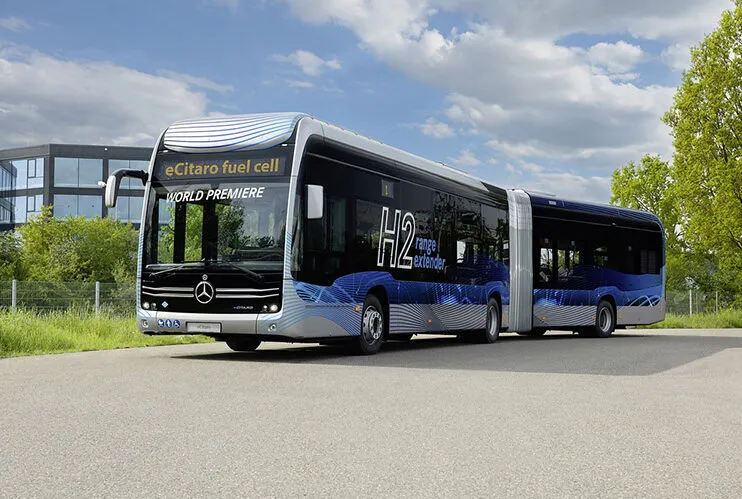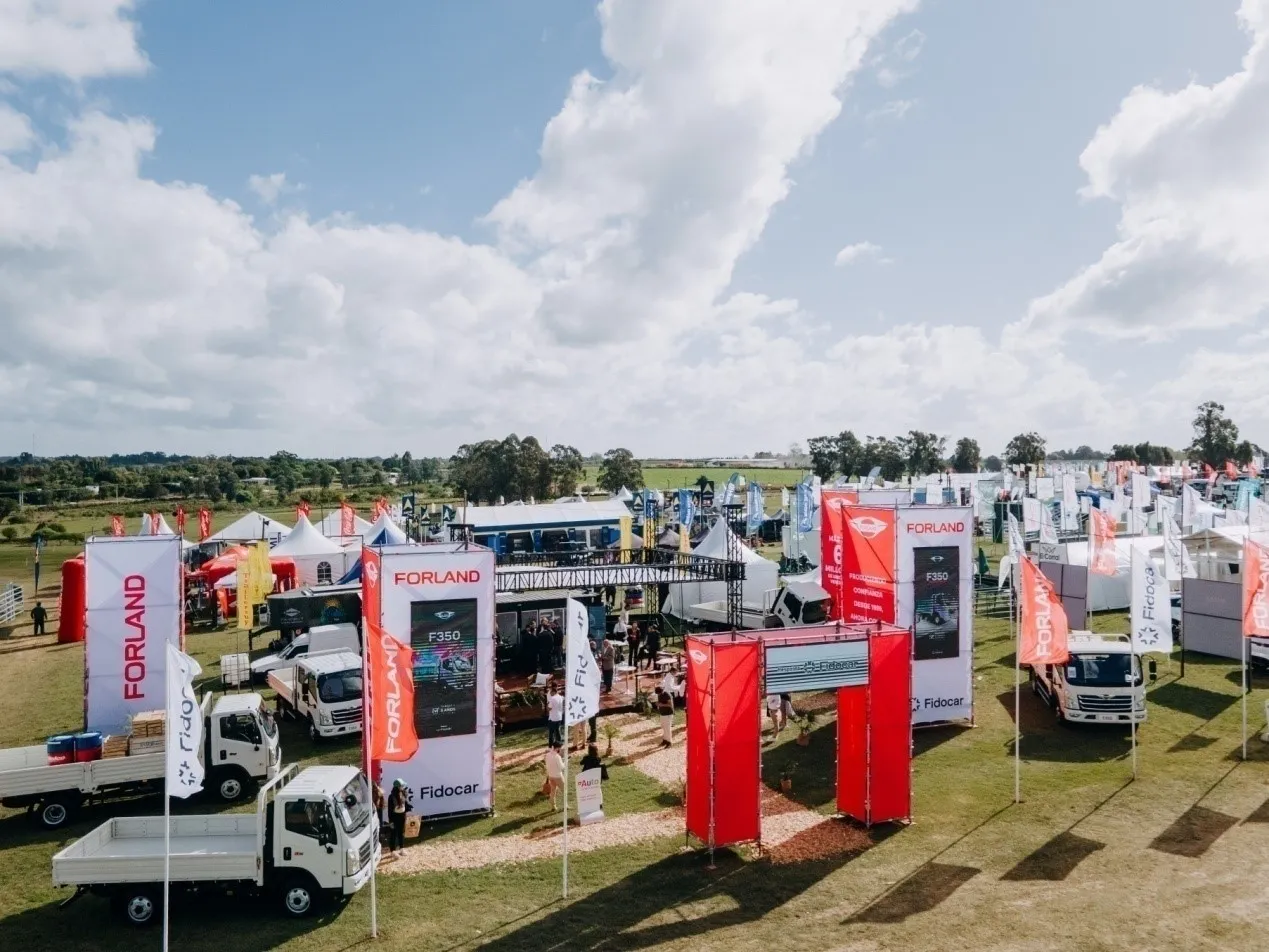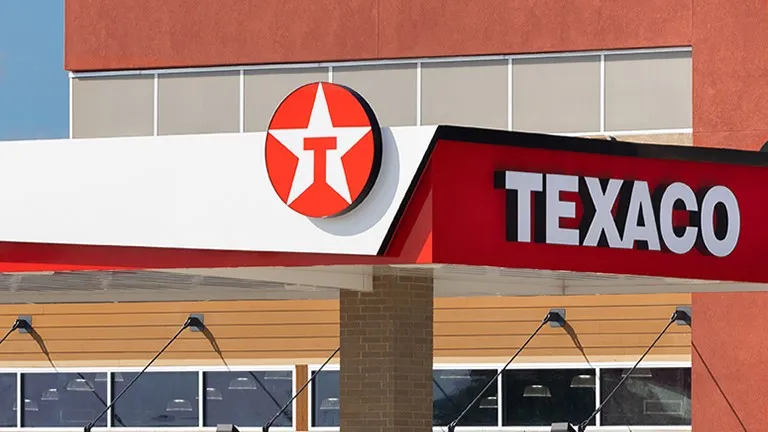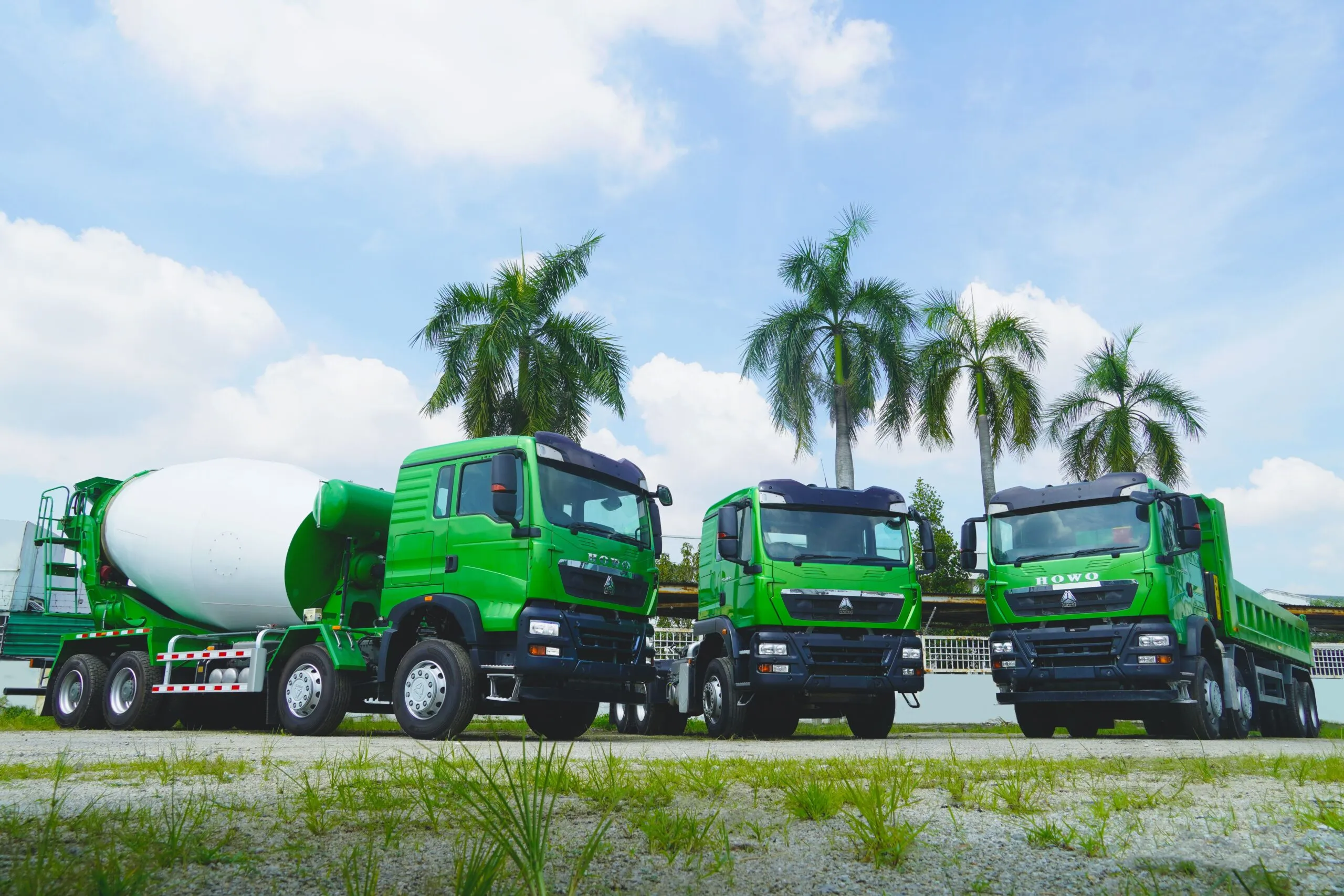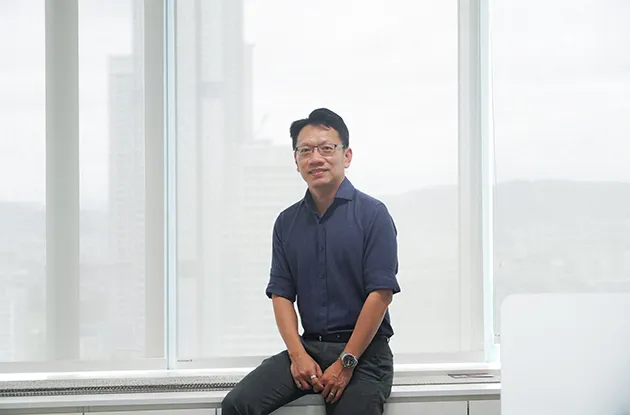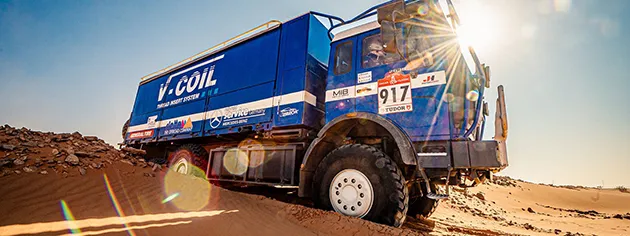The new Mercedes-Benz eCitaro fuel cell combines an enormous range with high passenger capacity.
Mercedes-Benz eCitaro Fuel Cell: Economical Solution for Long Route Cycles
At the Global Public Transport Summit (GPTS) 2023 from 4th to 7th June, 2023 in Barcelona, Daimler Buses is presenting the first series-produced electric bus with a fuel cell as a range extender: the Mercedes-Benz eCitaro fuel cell. The new emission-free city bus combines an enormous range with high passenger capacity.
In the articulated bus variant, available from June, the eCitaro fuel cell can run for around 350 kilometres without having to recharge, offering space for up to 128 passengers. The eCitaro fuel cell can thus seamlessly replace city buses with combustion engines. At the same time, it is the ideal addition for transport operators with an existing battery-electric fleet aiming to operating their long routes without having to recharge and without having to put on additional buses.
The eCitaro fuel cell is based on a battery-electric drive system with NMC 3 high-performance batteries, while the fuel cell with an output of 60 kW serves as a hydrogen generator to extend the range. This combination enables particularly economical operation because electricity from the grid is available at a lower price than green hydrogen, and the sophisticated electronic control system regulates the mix of battery power and fuel cell operation in the best possible way. In contrast to a fully fledged hydrogen vehicle with a small buffer battery, the eCitaro fuel cell is also significantly better at completely and usefully storing the energy recovered during braking by recuperation in the large batteries.
Last but not least, the vast battery capacity of at maximum 392 kWh in the articulated bus also enables high levels of drive output to be used over longer distances – for example on inclines in mountainous terrain – without the fuel cell having to operate in the top, inefficient power range. Thanks to the favourable weight distribution of batteries and fuel cells, this technology enables a high passenger capacity. Thanks to the long range, opportunity charging en route is not envisaged; charging is always carried out by plug at the depot. The development of this technology is supported by the German Federal Ministry for Digital Affairs and Transport with a total of 3.3 million euros as part of the National Innovation Programme for Hydrogen and Fuel Cell Technology (NOW).
In addition to the new eCitaro fuel cell, Daimler Buses will be exhibiting its service portfolio for electric bus operations at GPTS 2023.

